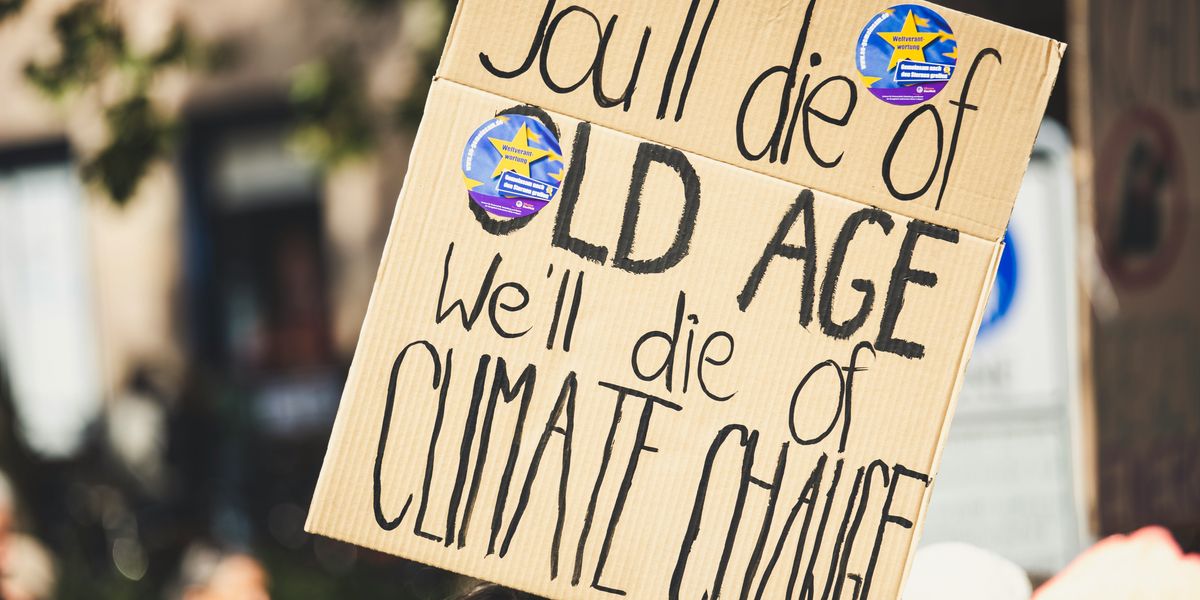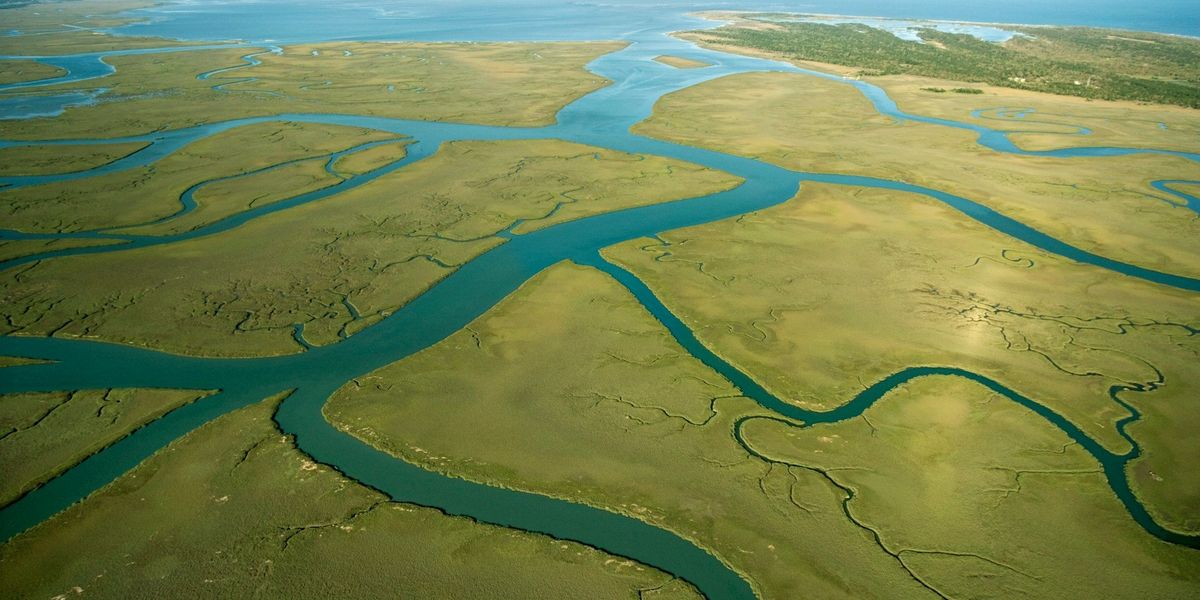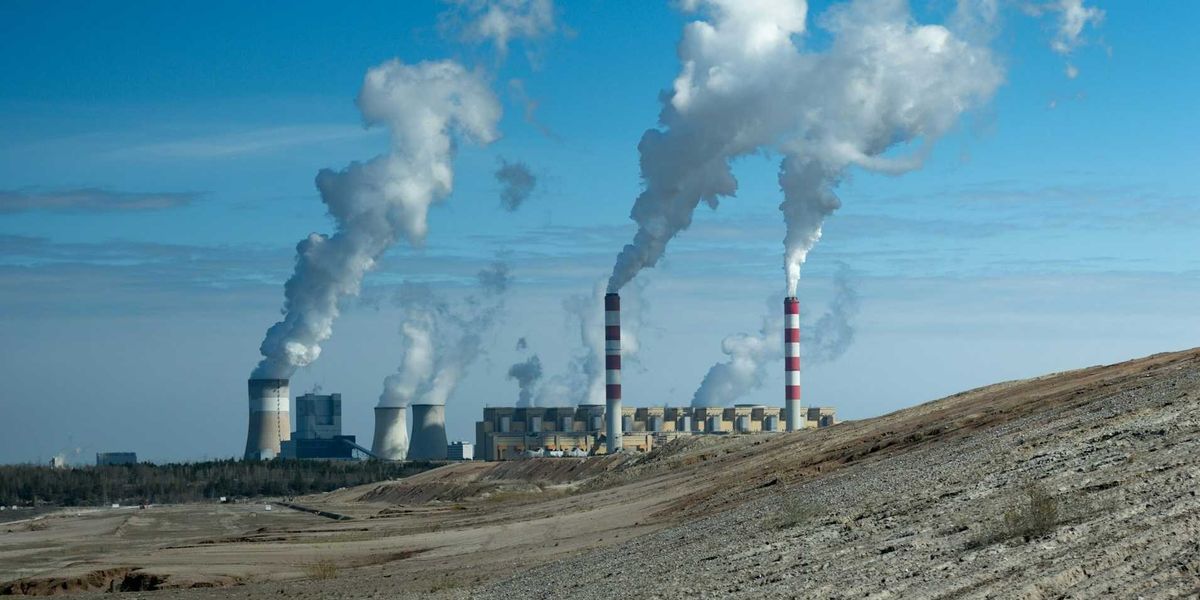Europe’s military climate goals fall short as nations ramp up defense spending
Just two of Europe’s 30 militaries have committed to net-zero emissions, even as defense budgets surge amid geopolitical tensions.
Ajit Niranjan reports for The Guardian.
In short:
- Austria and Slovenia are the only European countries with net-zero emissions targets for their armed forces, while most others lack even basic accounting of their military carbon footprints.
- Despite a continent-wide net-zero goal by 2050, many defense ministries, including those in Germany and the UK, have avoided setting direct emissions reduction targets, citing operational performance concerns.
- Military decarbonization efforts have stagnated as European countries pour billions into rearmament following Russia’s invasion of Ukraine and shifting U.S. defense policy under President Trump.
Key quote:
“Ignoring military emissions is not just concerning with regard to climate change. It ignores the growing recognition of climate change being a serious security risk for Europe and beyond.”
— Florian Krampe, director of climate research at the Stockholm International Peace Research Institute
Why this matters:
The world’s armed forces generate more than 5% of global greenhouse gas emissions, yet they operate in a regulatory blind spot. Military pollution isn’t tracked under international climate agreements, creating what experts call “military exceptionalism.” That invisibility becomes more dangerous as nations boost defense spending—often rapidly and without climate constraints—due to rising global instability. The tools of modern warfare — fighter jets, tanks, warships — are heavy fossil fuel users, and the emissions from their use and supply chains rival those of major industrial sectors. At the same time, climate change is increasingly recognized as a driver of global conflict, displacing communities, straining water and food resources, and fueling political unrest. Failing to cut military emissions not only undermines global climate goals but may also increase the risks of conflict itself.
Related: UN panel to discuss military emissions and climate change impact













